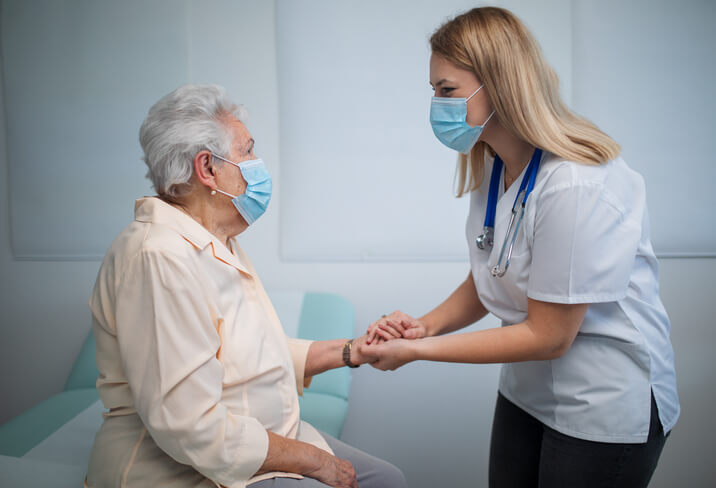Lung Cancer
CANCER SCREENING
find a clinical trial
GENETIC TESTING

Learn more about our clinical trials currently enrolling cancer patients
Clinical trials
TALK TO ONE OF OUR CANCER CARE SPECIALISTS AT A LOCATION NEAR YOU.
REQUEST AN
APPOINTMENT ONLINE
When it comes to receiving a lung cancer diagnosis, it can take your breath away. It’s easy to feel overwhelmed. But don’t. The expert surgeons and caring nurses at Arizona Oncology can outline a path forward to help you breathe a little easier along this journey.

Whether you are working to overcome small cell lung cancer or non-small cell lung cancer, we have treatment options and plans that take your particular care needs into account. As part of the US Oncology Network, we have access to advanced clinical trials to find new ways to fight lung cancer and lead to better health outcomes.
Our compassionate, team-oriented approach has made a difference in many lung cancer patients’ lives. We stand ready to help make a difference in yours.
Leading Edge Cancer Care
Patients benefit from our team’s dedication to discovering and delivering innovative treatments, technologies and techniques, including genetic testing and personalized care plans.
CLINICAL TRIALS FOR LUNG CANCER
We are committed to providing better care close to home, including access to clinical trials that allow patients to be among the first to benefit from breakthrough research and therapies.
A DEDICATED AND EXPERT CARE TEAM
Specialized teams of oncologists, researchers, and support staff deliver the highest quality care in the most compassionate way, from diagnosis to treatment and beyond.
What are the common lung cancer risk factors?
When it comes to lung cancer, anyone can get it— and unfortunately, there are several risk factors that can leave you more susceptible than others. Some risk factors, such as smoking, are more obvious than others. But it’s those not-so-obvious ones you should be aware of, too.
What are some common signs of lung cancer?
Here are a few common lung cancer signs:
- Unexplained hoarseness
- A lingering cough not associated with a cold
- Coughing up blood or phlegm tainted with blood
- New onset of wheezing
- Difficulty breathing
- Loss of weight or appetite not associated with lifestyle changes
- Constant chest pain that worsens with coughing, laughing or deep breaths
- Chronic respiratory infections such as bronchitis and pneumonia
Find out more about each sign and when you should consult a physician.
What are the lung cancer types?
Both small cell lung cancer and non-small cell lung cancer are named for the kinds of cells found in the cancer and how the cells appear when viewed under a microscope. The cancer cells of each type grow and spread in different ways.
How is lung cancer diagnosed?
Tests and procedures that examine the lungs are used to detect, diagnose, and also stage all forms of lung cancer.
How is lung cancer treated?
As with all diseases, your treatment will depend on your personal diagnosis. Common treatment options include surgery, radiation therapy, hormone therapy, chemotherapy, and laser therapy.
What are small and large cell cancer procedures?
Tests and procedures that examine the lungs are used to detect, diagnose, and also stage all forms of lung cancer.
What is lung cancer staging?
Cancer staging is the process of gathering information to determine the location and extent of the cancer and if it has spread to other parts of the body.
What is lung cancer clinical research?
At Arizona Oncology, our approach to treating lung cancer starts with personalized care. This is why our lung cancer doctors are committed to exploring new treatment therapies and innovative diagnostic tools for creating the best treatment for you, which includes lung cancer research and clinical trials.
Why Arizona Oncology for lung cancer treatment?
At Arizona Oncology, we understand that a new diagnosis of any form of lung cancer can be overwhelming. We offer an integrated team-oriented approach with dedicated, highly-trained physicians and staff to provide you with the highest quality compassionate care, including explaining the facts and answering your questions at every step along the way.
Living as a lung cancer survivor.
Being able to say you survived lung cancer is a major milestone. Because cancer treatment has advanced so dramatically over the past 20-30 years, there’s a lot of hope for lung cancer survivors today. Many are able to live for many years after their cancer is considered in remission.


